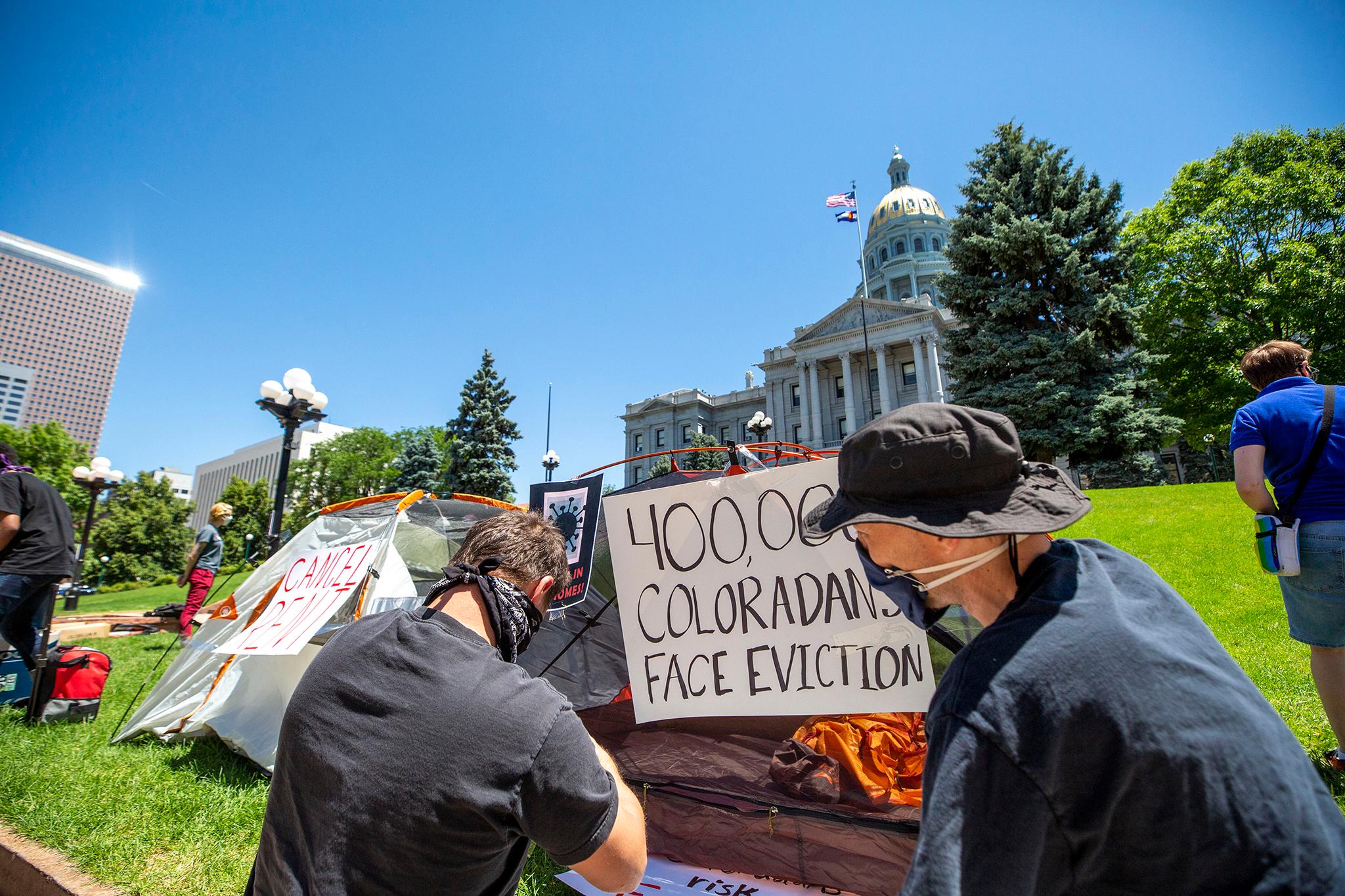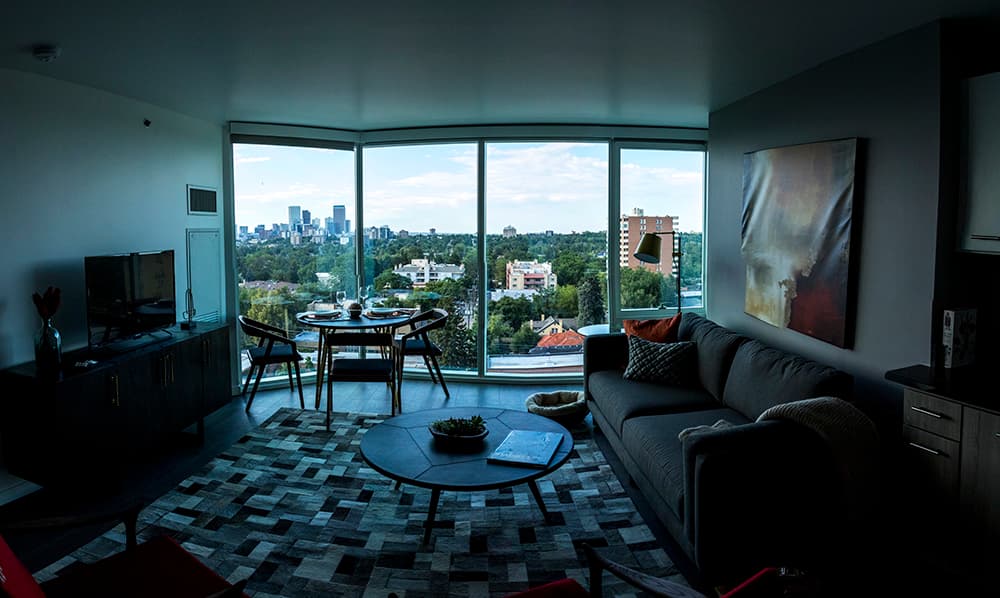Rent prices have shot up in Denver and in most of the country.
That's according to October's National Rent Report from Zumper, the third largest online rental platform in the U.S.
Since pandemic closures swept the nation in March 2020, Denver's median one-bedroom rent has risen 11.8 percent, and two-bedrooms grew 14.3 percent. In 2021, those rates have climbed 20.7 percent -- making Denver the sixteenth priciest rental market in the U.S.
Median Denver rent for a one-bedroom is $1,690, and $2,190 for a two-bedroom. In the metro area, Denver leads in rising rents for single bedrooms, while Littleton's two-bedroom rents lead the area in hikes.
Times are tough for renters looking for a new place, and landlords are in a good position to keep raising rates because there aren't that many available apartments.
The city has a vacancy rate of just 3.8 percent, according to the University of Denver Daniels School of Business's recently released third-quarter Denver Metro Apartment Vacancy and Rent Report.
Low vacancy rates mean harder times for people looking to find a new home, and it means landlords can charge more.
Cold comfort: Denver's not alone.
"This rent increase phenomenon is not a local condition," noted report author Ron Throupe, in a statement. "Other metropolitan areas are also experiencing similar apartment market conditions."
Through the pandemic, landlords have had help from the State of Colorado -- too much, according to the state's watchdog.
With the city's low vacancy rates, residential landlords, who received significant pandemic relief money through Colorado's Property Owner Preservation Program, have been toasting gains, as longtime residents scramble to pay the bills and less affluent newcomers wonder how and where they'll live.
Some of that pandemic relief money may have been seriously overpaid by the state, according to a new report from the Colorado Office of the State Auditor, which explained: "Based on the results of our work, we estimate with 90 percent confidence that of the $47.13 million paid through the POP program from July 2020 through March 2021, the Division paid at least $625,000, but not more than $4.40 million, in error."

Evictions are still down -- even though renters have fewer protections.
Statewide eviction rates, according to the Colorado Apartment Association, have remained lower than they were before the pandemic -- even after the national eviction moratorium was lifted in September.
"Rent payments have remained strong and steady, and eviction lawsuits have been abnormally low throughout the pandemic," explained Drew Hamrick, general counsel and senior vice president of government affairs at the Colorado Apartment Association, in a statement. "The expiration of the eviction moratorium allowed our housing markets to return to normal, and that return hasn't brought a surge in eviction filings."
Denver's more like a hot East Coast market than other Mountain West cities.
Big cities throughout the Mountain West, including Boise, Salt Lake City and Phoenix, have followed the national trends with quickly rising prices, while Denver, which saw a huge dip in prices at the beginning of the pandemic, is now breaking records with all-time highs, according to the Zumper report.
While other Mountain West towns have seen growth, Denver's rental hikes mirror even pricier coastal markets.
On the West Coast, rents were largely stable during 2021, but over the past few months, those have begun to rise, too -- everywhere except in the Bay Area, where in San Francisco they have dropped by 20 percent and in Oakland have dropped by just over 15 percent since March 2020.
One-bedroom rent prices are highest in New York City, where they're $3,100, followed by San Francisco at $2,800 and Boston at $2,530.
Of the top hundred cities tracked in the report, Wichita, Kansas, apartments trail the others with $630 median price for a one-bedroom, though even that market has experienced a 5 percent rise.












